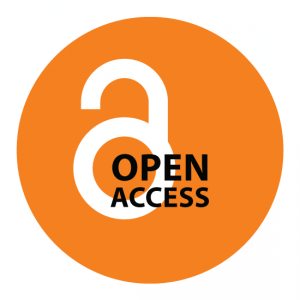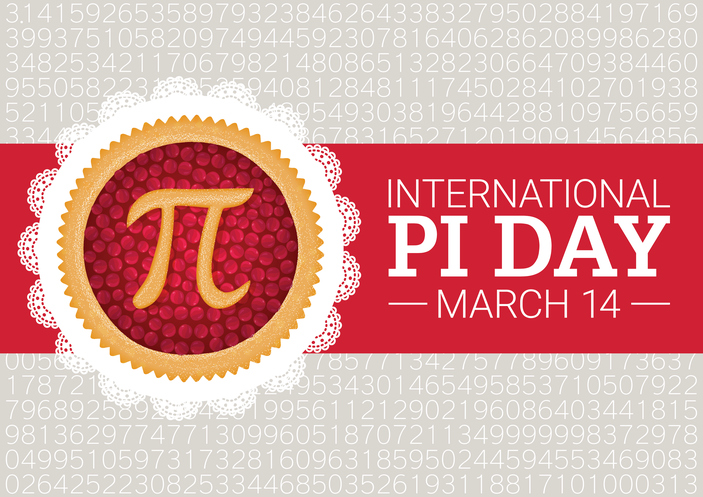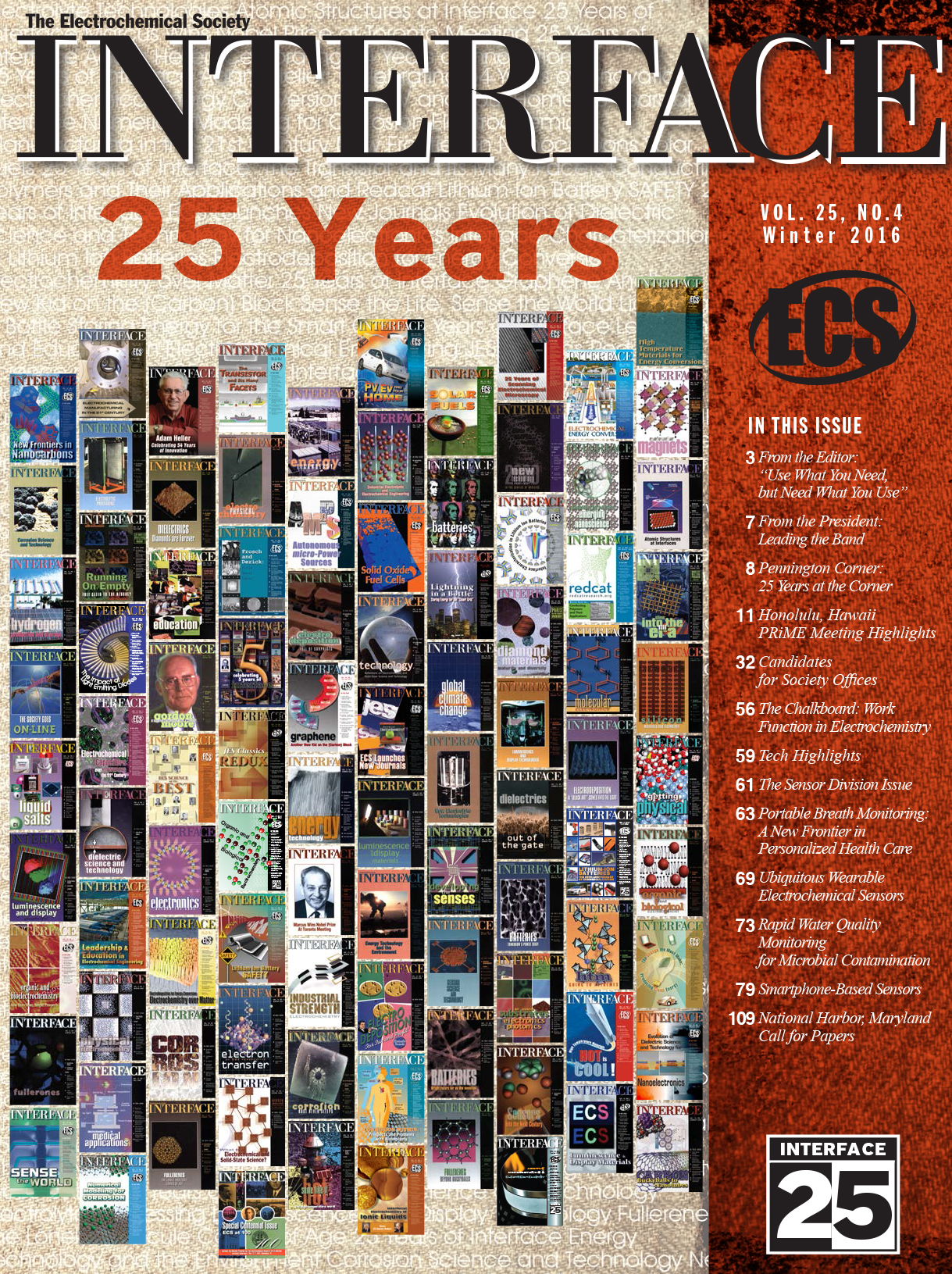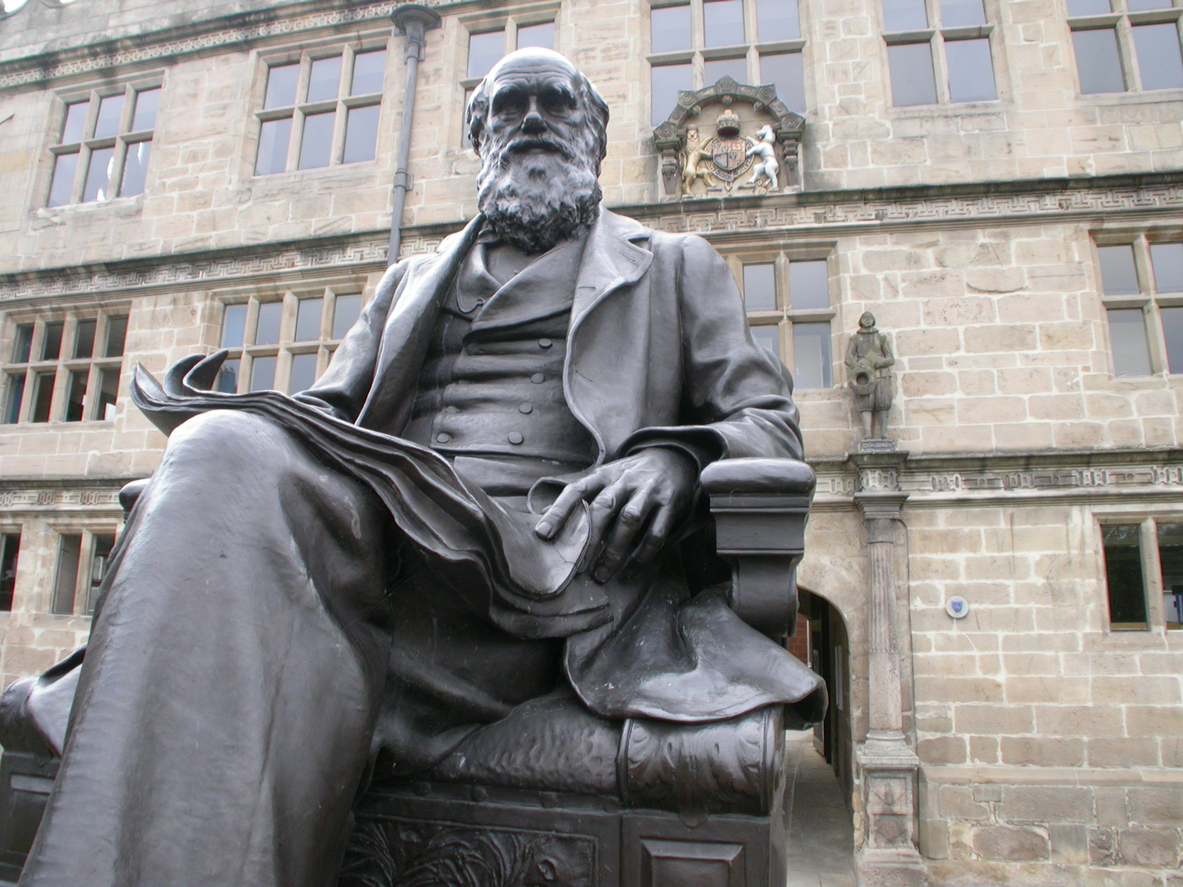By: Mary Yess, ECS Deputy Executive Director & Chief Content Officer
 Richard Poynder (@RickyPo) is well-known and well-respected in the open access community, especially for his “Open and Shut?” blog. Poynder has written an excellent post, which is part interview with Philip Cohen, founder of the SocArXiv preprint server, and part synopsis of the resurgent preprint server movement. The precursor of them all is arXiv, which was founded way back in 1991. Poynder asks, can preprint servers “gain sufficient traction, impetus, and focus to push the revolution the open access movement began in a more desirable direction?”
Richard Poynder (@RickyPo) is well-known and well-respected in the open access community, especially for his “Open and Shut?” blog. Poynder has written an excellent post, which is part interview with Philip Cohen, founder of the SocArXiv preprint server, and part synopsis of the resurgent preprint server movement. The precursor of them all is arXiv, which was founded way back in 1991. Poynder asks, can preprint servers “gain sufficient traction, impetus, and focus to push the revolution the open access movement began in a more desirable direction?”
The post also talks a good bit about the preprint server framework created by the Center for Open Science (COS). ECS, who is working with COS on launching our own preprint server, gets several mentions in the article as well. In this age of 8-second attention spans, it’s a long article, but it’s well worth the read.


 On March 14, or 3/14, mathematicians and other obscure-holiday aficionados celebrate Pi Day, honoring π, the Greek symbol representing an irrational number that begins with 3.14. Pi, as schoolteachers everywhere repeat, represents the ratio of a circle’s circumference to its diameter.
On March 14, or 3/14, mathematicians and other obscure-holiday aficionados celebrate Pi Day, honoring π, the Greek symbol representing an irrational number that begins with 3.14. Pi, as schoolteachers everywhere repeat, represents the ratio of a circle’s circumference to its diameter.
 ECS is committed to open access through
ECS is committed to open access through  ECS isn’t the only one celebrating an anniversary this year. As we celebrate 115 years of excellence as a publisher, meeting convener, and multi-faceted scientific society, this year also marks an important 15-year milestone in the open access movement. In 2002, the Budapest Open Access Initiative was hosted by the Open Society Foundations and to this day serves as a landmark meeting in communicating the importance and urgency of open access necessities.
ECS isn’t the only one celebrating an anniversary this year. As we celebrate 115 years of excellence as a publisher, meeting convener, and multi-faceted scientific society, this year also marks an important 15-year milestone in the open access movement. In 2002, the Budapest Open Access Initiative was hosted by the Open Society Foundations and to this day serves as a landmark meeting in communicating the importance and urgency of open access necessities.
 The ECS Organic and Biological Electrochemistry (OBE) Division is currently accepting nominations:
The ECS Organic and Biological Electrochemistry (OBE) Division is currently accepting nominations: “The
“The 